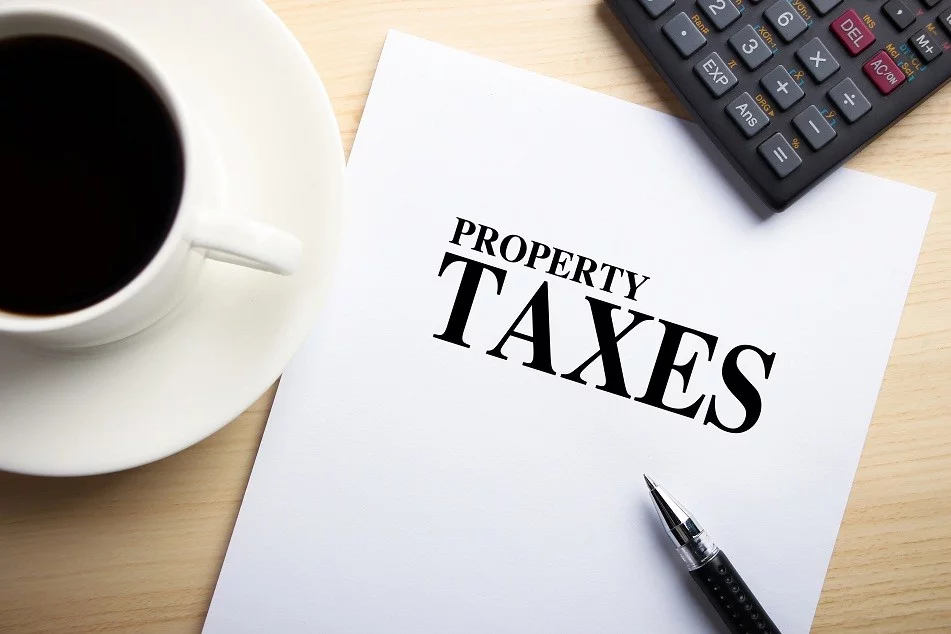
As a real estate professional, it is important that you familiarize yourself with the new tax law referred to as the ‘Protecting Americans From Tax Hikes Act of 2015′. Doing so will make it easier for you to guide your current and potential clients. The law was enacted by the US Congress in December of 2015 and brought with it new provisions, which will be applied to real estate purchases made by non-US persons.
The withholding tax applied to real estate sales by non-US persons will change in early 2016. The changes will take effect on sales that close on or after February 17, 2016.
Table of Contents
ToggleWHAT WAS THE WITHHOLDING TAX LAW BEFORE THE CHANGE?
The way that with holdings has worked and will continue to work until the new law takes effect – this February – is that the tax code requires a withholding tax of 10% on real estate acquisitions by foreign buyers and is calculated on the gross sales price of real estate purchased by non-US persons.

Additionally, buyers are exempted from the tax if the sales price is below $300,000 and your client’s intention is to use the real estate property as a residence. Under the current system if these two conditions are met there are no withholdings.
Under the new law, the concept of a withholding tax for non-US persons remains. However, there are changes to the conditions associated with the tax, as well as the withholdings rate itself.
THE NEW WITHHOLDING TAX LAW FOR NON-US PERSONS
As a real estate professional, you will need to inform your non-US clients that the new withholding tax is 15% of the gross sale price of the real estate property. This rate can be reduced to 10% if the transaction is between $300,001 and $1,000,000 and where the property is being purchased as a residence. While this seems similar to the old law, the new law places a maximum price for which the withholding percentage of 10% can be applied. All transactions over $1,000,000 will attract the new 15% rate.

Despite these changes, clients who purchase property below the $300,000 price tag can still enjoy the $0 withholding tax that exists under the old law. Of course, the condition that the property is being purchased as a residence still applies.
THE RESIDENCE FACTOR
The requirement that the property is used as a residence was an important factor in the old law and remains so in the new law. In the new law, the purpose of use will affect the amount to be paid in withholding tax for property up to a sale price of $1,000,000. Beyond this maximum price, the law is not concerned with how your clients use the property, the 15% rate will be applied.
But what does it mean when your client says they are purchasing property as a residence? What the law requires of someone purchasing property as a residence is that at the time of purchase, the buyer or her family intends to live there at least 50% of the time for the next two years. Accordingly, if your client plans on living at the property for only two months and it remains vacant for the rest of the year, it is still considered to be used as a residence.

The key is that for the duration that the property is being used, the client must be using it the majority of the time. The intent to use the property as a residence does not preclude your client from renting the property in the two years following the purchase. But, if the property is rented to a tenant, the time the buyer or her family resides at the property must be equal to or more than the time the property is being rented.
While it is clear that the residence factor is important in determining the amount of withholdings tax, there is no legal requirement to put such intentions in writing. However, as a real estate professional, it’s prudent to inform your client that escrow companies will require an affidavit to attest to your client’s intended usage of the property. Additionally, your client must understand the importance of abiding by US tax laws and should not seek to misrepresent the purpose of purchasing real estate.
WHAT REAL ESTATE PROFESSIONAL SHOULD DO NEXT?
This new law does not take effect until February 17, 2016. Accordingly, all transactions being closed prior to that date will not be affected by the new tax. So remember to advise your real estate clients of the impending change and how it will affect their future real estate acquisitions.
Roger Wohlner. (2021, May 13). How Does the New Tax Law Affect Your Estate Plan?. Investopedia.
